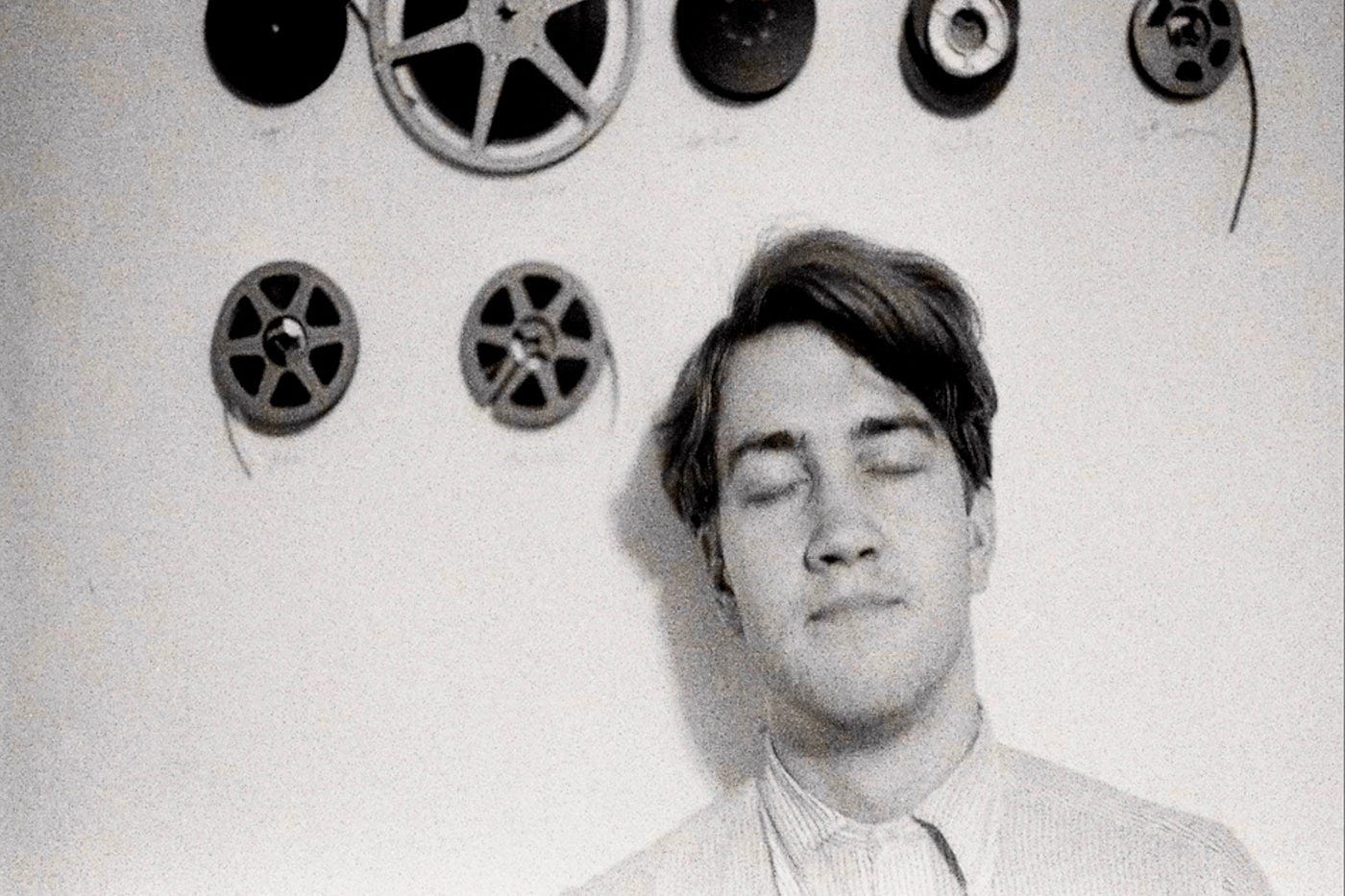Beautifully Broken Issue #41: The Secret of David Lynch’s Dark Dreams
IDEAS, ART & WISDOM TO REPAIR OUR BEAUTIFUL WORLD
Welcome to Beautifully Broken Issue #41: The Secret of David Lynch’s Dark Dreams
IDEAS: The Secret of David Lynch’s Dark Dreams
David Lynch died last week. My intention was to write an article straight away, Lynch is a director that has been a part of my life since I was fourteen years old. Just before going to bed I would sit in a dark room and watch Twin Peaks on my television. After spending and hour in David Lynch’s dark dreamworld I’d fall asleep—restless, stimulated, alert for danger—frightened about what I’d encounter in my dreams that night.
But when I came to write I was torn—on one hand there’s no doubt he was a great visionary and artist, on the other, the things he chose to depict are unsettling, dark, sometimes terrifying and outright evil. It took me a week to sit with that contradiction and find a way to write about Lynch and his work that addressed the contradiction without seeming to preach or dismiss his great art.
David Keith Lynch (January 20, 1946 – January 15, 2025) was an American filmmaker and visual artist. Considered one of the most important filmmakers of his era, Lynch was often called a "visionary" and was acclaimed for films often distinguished by their surrealist and experimental qualities. In a career spanning more than five decades, he received numerous accolades, including the Golden Lion for Lifetime Achievement at the Venice Film Festival in 2006 and an Honorary Academy Award in 2019. The adjective Lynchian came into use to describe works or situations reminiscent of his art, with the Oxford English Dictionary noting his penchant for "juxtaposing surreal or sinister elements with mundane, everyday environments, and for using compelling visual images to emphasize a dreamlike quality of mystery or menace".
Let’s take an aside for a moment. There’s a great article out in The New Yorker this week that recounts a scene from the documentary David Lynch: The Art of Life (2006). Here’s the excerpt and link if you want to read it yourself:

THE NEW YORKER
David Lynch’s (Possible) Realism
His movies were dreamlike. But what if life is a dream?
By Joshua Rothman
His father had come to Philadelphia for a visit and, as it drew to a close, Lynch took him into his building’s unfinished basement to show off some “experiments” he was conducting. On the earthen floor, he had set up a number of small platforms. “I wanted to see what fruit would do after a long period—different stages of fruit, and how it would decay,” Lynch explains. “And I had some dead birds, and I had my mouse in plastic, and I had, you know, a bunch of stuff I’d collected. So I wanted to share this with my father.” Afterward, ascending the stairs, Lynch smiled with pride and happiness, only to turn and catch his father’s pained expression. “Dave?” his father said, on the way to the train station. “I don’t think you should ever have children.” (In fact, around that time, his girlfriend, Peggy Reavey, became pregnant with Jennifer.)
“He was worried about me,” Lynch says. “Inside me, I felt there was nothing to worry about. But I still understood why he said it. He misunderstood my experiments for some kind of . . . like, diabolical, you know, man who needs serious help mentally and probably emotionally.”
If Lynch was born in the 21st century where we are much more sensitive to the signs of autism as well as quick to diagnose it, he might have found himself on a very different path. As it was, his eccentric nature suited the life of the arts and cinema and his unique perception worked very well for him.
In another time we would have identified Lynch differently again: as someone who is not really in this world, and not really in the dreamworld but somewhere in between—a walker between the worlds, ferrying information back and forth, translating the incomprehensible language of symbols and feeling into forms that make sense to us on the deepest levels. In an earlier time David Lynch would have been a shaman.
Keep reading with a 7-day free trial
Subscribe to Beautifully Broken to keep reading this post and get 7 days of free access to the full post archives.





